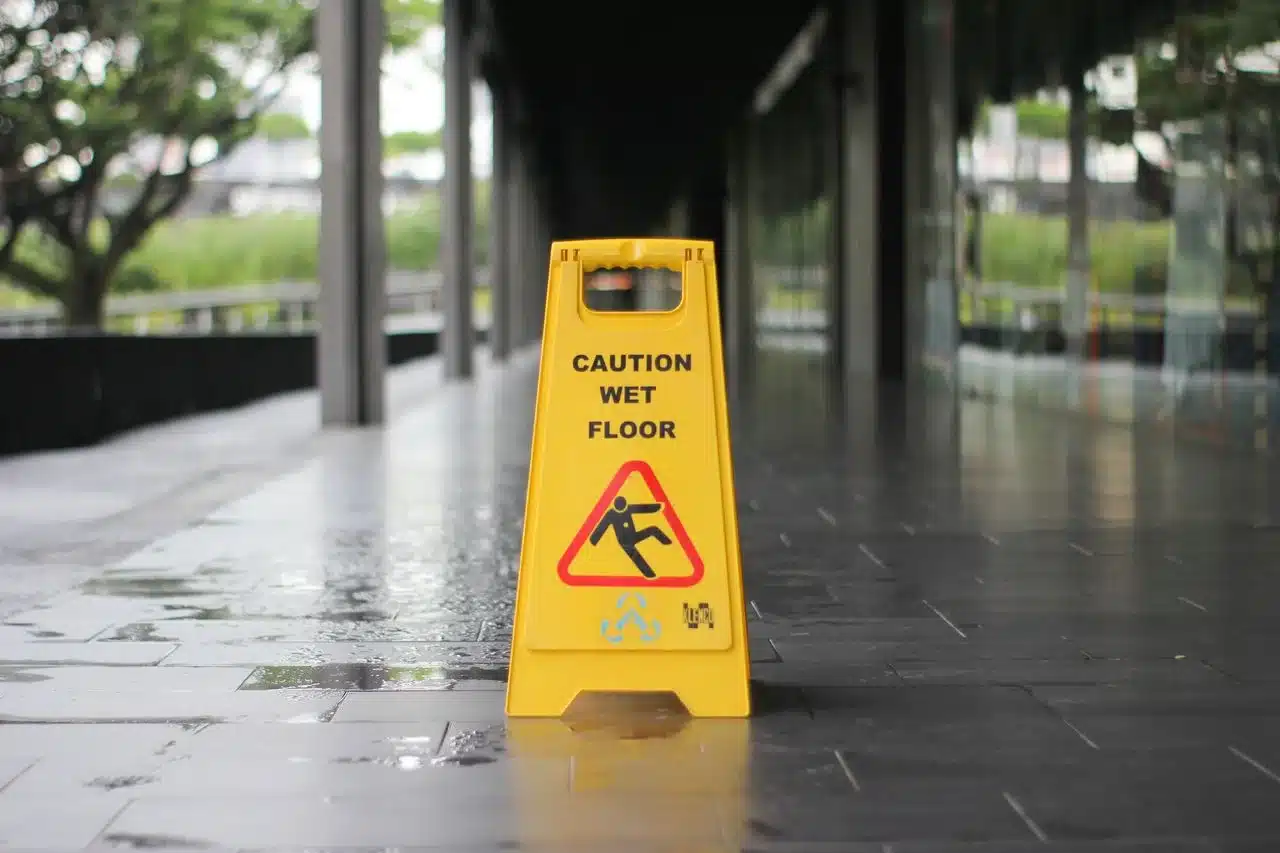Common Injuries in Slip and Fall Accidents and How to Seek Compensation

Slip and fall accidents can lead to a variety of injuries, ranging from minor to severe. Understanding the common types of injuries and the steps to pursue compensation can help you navigate the aftermath of such accidents effectively. Here’s a detailed look at common slip and fall injuries and the process for seeking compensation in Florida.
Types of Injuries from Slip and Fall Accidents
- Fractures: Broken bones, particularly in the wrists, arms, and legs, are common in slip and fall accidents. The impact of the fall can cause fractures that may require surgery and extensive rehabilitation.
- Sprains and Strains: Twisting or sudden movements during a fall can lead to sprains or strains in muscles, ligaments, or tendons. These injuries can cause pain and limit mobility.
- Head Injuries: Falls can result in head injuries, including concussions or traumatic brain injuries (TBIs). Even if there is no visible injury, head trauma can have serious long-term effects.
- Back and Spinal Injuries: The impact of a fall can lead to back injuries or damage to the spinal cord. Conditions like herniated discs or spinal cord injuries can result in chronic pain and disability.
- Hip Injuries: Especially in older adults, falls can cause hip fractures or dislocations. Hip injuries often require surgical intervention and can lead to long-term mobility issues.
- Soft Tissue Injuries: These include bruises, cuts, and contusions. While often less severe, soft tissue injuries can still be painful and require medical treatment.
Steps to Take After a Slip and Fall Accident
- Seek Medical Attention: Even if you feel fine initially, it’s important to get a medical evaluation. Some injuries may not be immediately apparent but can have significant long-term effects.
- Report the Accident: Notify the property owner or manager about the accident. Ensure that an official report is made, as this documentation can be crucial for your claim.
- Gather Evidence: Collect evidence from the scene of the accident. This includes taking photos of the hazardous condition, obtaining witness statements, and keeping any relevant documentation.
Understanding Your Right to Compensation
In Florida, you may be entitled to compensation for injuries sustained in a slip and fall accident. The types of compensation you might seek include:
- Medical Expenses: This includes costs for emergency treatment, hospitalization, surgeries, physical therapy, and any future medical needs related to the injury.
- Lost Wages: If your injury prevents you from working, you may be able to claim compensation for lost income. This includes both past and future lost wages.
- Pain and Suffering: Compensation for physical pain and emotional distress caused by the injury may be available. This is typically evaluated based on the severity of the injury and its impact on your life.
- Loss of Enjoyment of Life: If your injury affects your ability to enjoy daily activities or hobbies, you may be entitled to compensation for this loss.
Pursuing a Slip and Fall Claim
- Determine Liability: To pursue a claim, you need to establish that the property owner or manager was negligent. This involves proving that they were aware of or should have been aware of the hazardous condition that caused the fall.
- Gather Documentation: Compile all relevant documentation, including medical records, accident reports, and evidence from the scene. This helps build a strong case for your claim.
- Consult an Attorney: Consider seeking legal advice from a personal injury attorney experienced in slip and fall cases. An attorney can help you navigate the legal process, gather evidence, and negotiate with insurance companies.
Legal Considerations in Florida
- Statute of Limitations: In Florida, you generally have four years from the date of the accident to file a personal injury lawsuit. However, it’s advisable to start the process as soon as possible to ensure all evidence is preserved.
- Comparative Negligence: Florida follows a comparative negligence system, where your compensation may be reduced if you are found partially at fault for the accident. It’s important to demonstrate that the property owner or manager was primarily responsible.
Working with Insurance Companies
- Document Communication: Keep detailed records of all communications with insurance companies. This includes written correspondence and notes from phone conversations.
- Negotiate Settlements: Insurance companies may offer a settlement to resolve the claim quickly. Assess the offer carefully and consult with your attorney to determine if it adequately covers your damages.
Conclusion
Slip and fall accidents can lead to a range of injuries, from minor to severe. Understanding these common injuries and the process for seeking compensation can help you protect your rights and ensure you receive the support you need. By following the steps outlined and consulting with a knowledgeable attorney, you can effectively navigate your claim and work toward obtaining fair compensation for your injuries.
